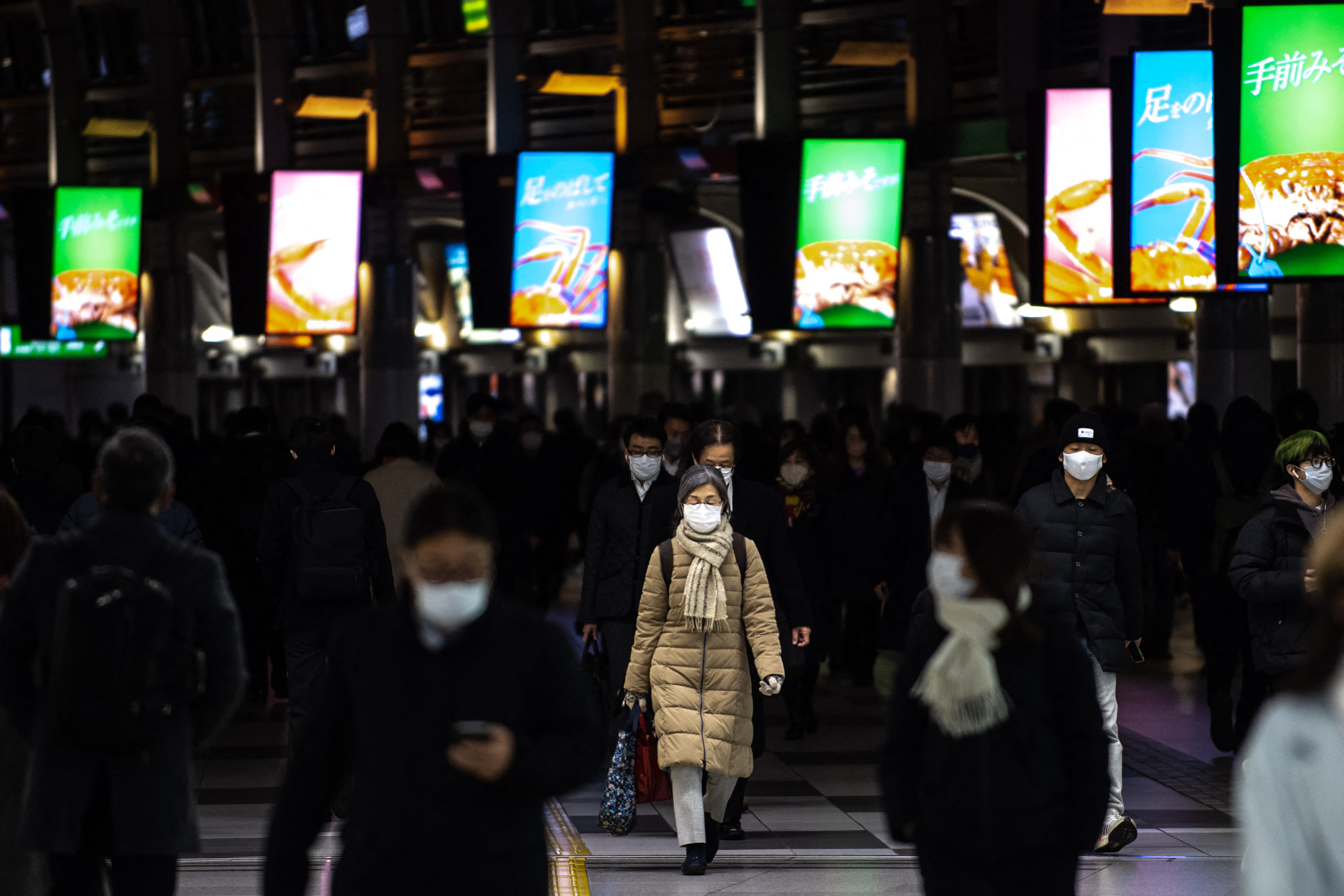
According to a study conducted by Oxford University in the United Kingdom, people with mild COVID-19 who do not have any other conventional “long COVID” symptoms can nonetheless have decreased attention and memory six to nine months after infection.
Long COVID – a condition that affects individuals after an initial bout of infection. Its characteristics include cognitive impairments affecting concentration levels, as well as forgetfulness and fatigue. But it is unknown how widespread concerns with attention span are following COVID-19 infection.
The study included participants who had tested positive for COVID-19 previously but did not report other traditional long COVID symptoms. They had to complete exercises to test their memory and cognitive ability.
Up to six months following infection, the researchers discovered that participants were much weaker at recalling personal memories. They are episodic memories.
Up to nine months after infection, they demonstrated a slower deterioration in their capacity to maintain attention than uninfected people.
“What is surprising is that although our COVID-19 survivors did not feel any more symptomatic at the time of testing, they showed degraded attention and memory,” Dr. Sijia Zhao of the Department of Experimental Psychology, University of Oxford said.
“Our findings reveal that people can experience some chronic cognitive consequences for months.”
Striking differences

Individuals’ episodic memory and attention span, according to the researchers, largely reverted to normal after six and nine months, respectively.
In the analysis of 136 people, participants did well in tests of other cognitive capacities like working memory and planning.
The study’s tiny number of participants, according to Stephen Burgess, MRC Biostatistics Unit, University of Cambridge, was not random.
“However, despite this, differences between the COVID and non-COVID groups in terms of several specific measures of cognitive ability looked at in this study were striking,” he said.
“Despite the limitations of non-randomized research, it seems unlikely that these results can be explained by systematic differences between the groups unrelated to COVID infection.”






